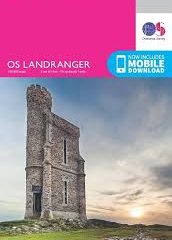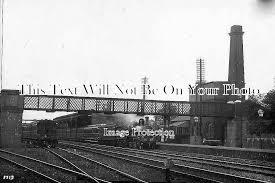Discovering Strasbourg: A Blend of Culture and Politics
Introduction
Strasbourg, the capital of the Alsace region in northeastern France, stands as a symbol of cultural diversity and political significance in Europe. With its unique blend of French and German influences, the city is not only renowned for its picturesque architecture and rich history but also serves as a key political centre, hosting several important institutions of the European Union. The city’s relevance continues to grow, making it a focal point for discussions on European identity and cooperation.
The Cultural Landscape
Strasbourg is often referred to as the “Crossroads of Europe” due to its strategic location along the Rhine River, which historically facilitated trade and cultural exchange. The city’s historic centre, known as La Petite France, is a UNESCO World Heritage Site, featuring traditional half-timbered houses, canals, and charming streets that attract millions of tourists each year. The iconic Strasbourg Cathedral, with its stunning Gothic architecture, remains one of the tallest in the world and a testament to the city’s artistic heritage.
Political Significance
In addition to its cultural attractions, Strasbourg is home to important European institutions, including the European Parliament and the Council of Europe. The European Parliament holds its plenary sessions in the city, drawing representatives from across the continent to discuss crucial legislative matters. This positioning underscores Strasbourg’s role as a centre for European politics and diplomacy, reflecting the city’s commitment to fostering dialogue among nations.
Current Events and Developments
Recently, Strasbourg has been in the spotlight for its hosting of various international conferences, particularly focused on climate change and human rights. These events aim to address pressing global issues while highlighting the importance of multilateral cooperation. As Europe faces challenges such as migration, economic disparity, and environmental crises, Strasbourg continues to be a vital venue for discourse and decision-making.
Conclusion
As Strasbourg embarks on the future, the city’s rich cultural heritage and vital political role are poised to shape its identity further. The blend of historical charm and modern significance makes Strasbourg not only an attractive destination for tourists but also a critical player in the European Union’s ongoing quest for unity and cooperation. For readers, understanding Strasbourg’s dual role can foster a deeper appreciation of its contributions to European and global affairs.









